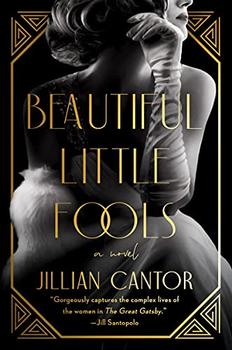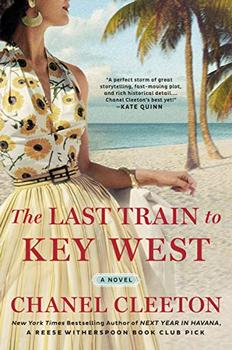Summary | Excerpt | Reviews | Beyond the book | Read-Alikes | Genres & Themes | Author Bio

Anna Hope's debut novel Wake is a stunning exploration of recovery from the trauma of war. Taking place over the course of the five days leading up to the burial of the Unknown Soldier in London, the novel follows three different women who are connected in unexpected ways.
World War I ended two years ago, but as Evelyn, Hettie and Ada exhibit, the war is not truly over. As one character observes, "France didn't win. Germany didn't win. War wins. It always wins." This notion of war winning; of war ruining so many more lives than those killed in battle is Hope's primary theme. As the three main characters approach the burial day of the Unknown Soldier, they are forced to assess - as people who never saw battle but nonetheless suffered - how they will recover from a trauma that continues to hold sway over their lives.
Evelyn Montfort is beautiful and emotionally damaged. Despite her upper class upbringing and wealth, she insists on working in the pension office to help wounded soldiers collect their much-needed payments. When a young Private with a wounded arm comes to her office looking for a Captain Montfort, Evelyn's brother, Evelyn is thrust into the harsh realities of war. As she listens to the Private's painful tale, she finally hears the stories that make the fight in France tangible for her.
Hettie is an instructor at a dance club. She enviously watches her friend Di, a beautiful free spirit who has just cut her hair into a bob, and she wants to be like her. She wants to escape from her depressing, constricting home life. Her father has passed away. Her brother has returned from the war in body only. His nighttime screams are the only words he utters, and he is unable to find a job. Hettie's mother chastises her choice to be a dance instructor, preferring her daughter find a more respectable job. When Hettie meets a handsome man who might offer escape from her dismal world, she grabs the chance.
Finally, Ada lost her only son Michael, but knows little about his death. The army usually sends two letters to grieving family members - one alerting them of their soldier's death and another to tell them where the person has been buried. Ada received one letter and all inquiries with the War Office about the details of Michael's death or where he is buried are answered with silence. A young door-to-door salesman comes to Ada's house one afternoon and oddly mentions Michael's name. Ada begins to believe Michael may still be alive and that this young man might have the answers she desperately seeks.
As the stories of these three women braid together, Hope makes clear the insidious ways war can change lives. But despite the weightiness of its subject matter, Wake is a hopeful novel. Each character experiences a catharsis that allows her to heal. Hope's illustration of this healing is mapped out by the multiple meanings of the novel's title: Wake - to rise from sleep, to mourn the dead, and an aftermath.
Initially, the characters are in the midst of a metaphorical wake. They are mourning their dead. Each woman has been paralyzed by the immense catastrophe, both societally and personally, that she has had to endure since the conclusion of the war. However, as the plot marches towards the burial of the Unknown Soldier on the fifth day, each of them slowly emerges from the "sleep" of their grieving states to reclaim themselves. As Ada remarks at the burial ceremony, everyone there has come to "witness each other." This witnessing - this idea of seeing others and understanding them - offers the keystone for each character's recovery. Just as actual sleep isolates a person from others and the environment, enveloping them in their own transportive world of dreams, so grief has isolated these three women in a confined and disengaged nightmare. By waking from this, seeing others, and recognizing that their sadness can be a part of their lives, not subsume their lives, Ada, Hettie, and Evelyn begin to chart their own course towards happiness.
Wake is an emotional powerhouse. The beauty of the story lies in Hope's ability to create great depth and feeling from small moments. Evelyn's pain sitting at the table during her mother's birthday lunch comes to mind. Though little action happens in the novel, the emotional evolution of these three women, as they learn how to heal their wounds, is palpable and compelling.
Fans of literary and historical fiction will find this novel engrossing and necessary. Anna Hope's debut is a must-read.
![]() This review was originally published in The BookBrowse Review in March 2014, and has been updated for the
November 2016 edition.
Click here to go to this issue.
This review was originally published in The BookBrowse Review in March 2014, and has been updated for the
November 2016 edition.
Click here to go to this issue.

If you liked Wake, try these:

by Jillian Cantor
Published 2022
USA Today bestselling author Jillian Cantor reimagines and expands on the literary classic The Great Gatsby in this atmospheric historical novel with echoes of Big Little Lies, told in three women's alternating voices.

by Chanel Cleeton
Published 2020
In 1935 three women are forever changed when one of the most powerful hurricanes in history barrels toward the Florida Keys.
Your guide toexceptional books
BookBrowse seeks out and recommends the best in contemporary fiction and nonfiction—books that not only engage and entertain but also deepen our understanding of ourselves and the world around us.